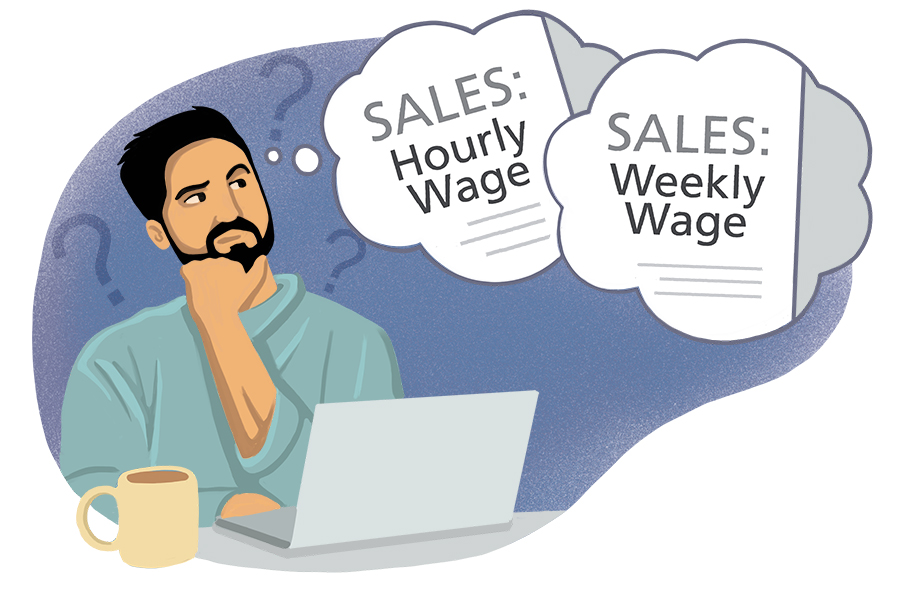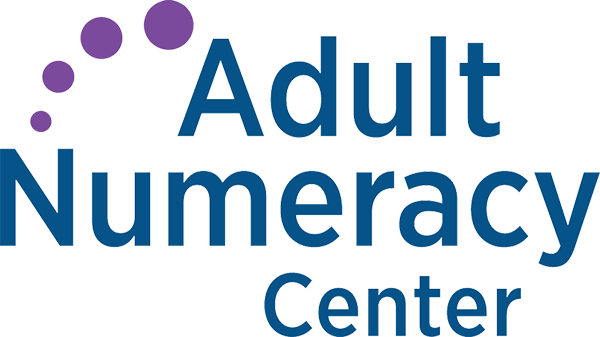We Are All Adult Learners
by Donna Curry

I have been in the field of education all of my adult life (and spent most of my childhood in school!). I’ve had about 40 years of experience working in adult education, including teaching in prisons, family literacy programs at libraries, workplace environments, and storefront community-based organizations. I feel like I’m fairly knowledgeable about teaching and learning. So, while I would never call myself an expert, I would say that I do have expertise in adult education.
However, no matter what our background, in reality we are always moving back and forth along a continuum, from novice to advanced. With the COVID-induced shift to remote instruction this past year, I have to say that I quickly moved from advanced to novice in regards to my understanding of how to teach adult learners. I knew how to engage learners in face-to-face situations, and I had facilitated online courses and webinars, but I had never tried to work with adult learners remotely, especially those with limited digital access. Reading up on how to teach remotely and learning how to use technology tools is helpful, but can only get me so far. Nothing replaces the actual experience of teaching in a remote situation. Despite all my years of experience in education, I have had to acknowledge that in this area, I am a novice.
For educators, the idea of not being the expert in our classroom can be downright disconcerting. There is a general perception that the teacher should always be the most knowledgeable person in the classroom. After all, our job is to help our students make progress towards their educational goals. A big part of their success involves the acquisition of new knowledge and skills, which has to come from somewhere, right?
In some ways, we do have more expertise than our students. Most of us have been trained as teachers, so we have an idea of what to teach and when and how. Many of us have specific content knowledge in areas like math, literature, and language acquisition. Often we have spent many years in the classroom working with hundreds of students over the span of our careers. There’s a lot that we’ve learned through our training and experiences, and there’s a lot we can offer to our students. But to believe that we always must be the expert or source of all knowledge is an unfair expectation to put on ourselves. This belief can even stunt our professional development by causing us to cling to teaching the way we always have, using the same procedures, activities, and materials, because doing so is comfortable. We may even insist our students learn things “our way”. By doing so, we can remain unchallenged experts. On the other hand, trying new things or admitting that we don’t know the answer to a question can feel very uncomfortable or powerless. Teachers aren’t used to being in the novice seat.
The good news is, it’s possible to be a teacher while still being a learner. We must remember that our students are adults. They are consumers, workers, and parents. We sometimes forget that they may have more experience and knowledge than we might in certain areas. This is especially true today. Some of our students are working on the front lines, maybe manning the checkout counter in a retail job, working in health care facilities, or serving customers in restaurants. Some of them have had to develop strategies to make $200 a week go a long way. Many juggle their own homework while helping their kids do theirs (and in the process have learned how to use course management systems). Still others are growing their own side business or are doing gig work.
As adults ourselves, we may have many life experiences in common with our students. For example, we all have experience with handling our personal finances. We could certainly teach students how to budget and save. However, we need to remind ourselves that our students may have different circumstances, priorities, and life experiences than we do. They are the experts of their own lives. Before jumping in and telling them what they need to do to handle real life math challenges, we should slow down, listen, and learn.
As teacher-learners, we need to appreciate what our adult students have done, what strategies have brought them success, and what is different about their lives than ours. We can’t expect students to always think the way we do, learn the way we do, or choose to problem-solve the way we would. Moreover, it would be paternalistic of us to think they should. Everyone needs a chance to shine as an expert. Be willing to share the stage. Create opportunities for students show what they know, express what they feel, and help others in the class (including the teacher) learn things they didn’t know before. Encourage student input on the direction of the class. Find out from them what’s most critical to learn right this minute, especially during these trying times. All the adults in a classroom should feel empowered to shape their educational experience.
And so, fellow “experts”, let’s embrace the role of learner. In doing so, we become better teachers.

Donna Curry is an educator, curriculum developer and professional development specialist with nearly 40 years of experience in adult education. Her work has focused on math standards development at the national level (Equipped for the Future National Standards and Standards-in-Action projects) and at the state level (including states such as Rhode Island, Washington, Oregon, New Jersey, Oklahoma, and Ohio). She has also worked on the National Science Foundation’s EMPower project and served as co-director for the NSF Teachers Investigating Adult Numeracy (TIAN) project. Most recently she co-developed and implemented the Adult Numeracy Initiative (ANI) project and Adults Reaching Algebra Readiness (AR)2. Donna is the Director of the Adult Numeracy Center at TERC and currently directs the SABES Mathematics and Adult Numeracy Curriculum & Instruction PD Center for Massachusetts.
